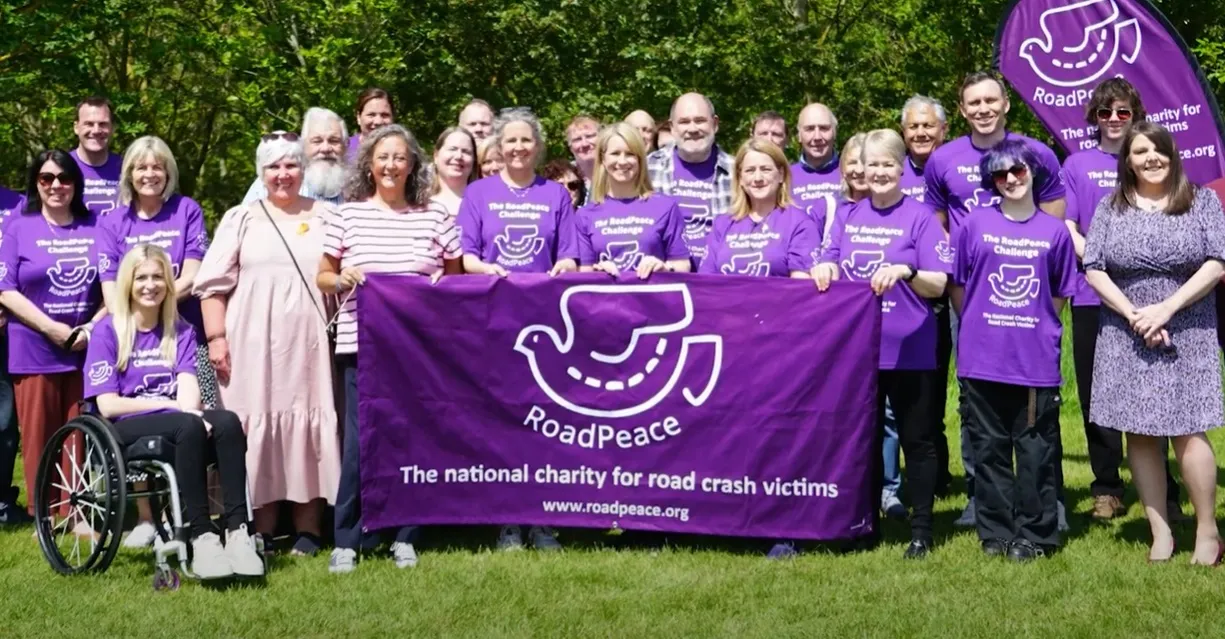The ‘Didn’t See’ campaign will run for four weeks on national radio with the aim of reducing the number of motorcyclist and driver collisions on our roads.
Research for THINK! has shown that drivers believe the majority of motorcycle accidents happen because of bikers breaking the speed limit, but statistics actually show around half of motorcyclist accidents, where the rider is killed or seriously hurt, occur at junctions, with drivers failing to look properly being the most common cause.
Robert Goodwill said: “Every day more than 30 motorcycle riders die or are injured in accidents at road junctions. Often, though not always, this is because a driver has pulled out in front of a rider. More than two people lose their lives every week in this way and this is something we are determined to change – if all drivers and riders took a bit more care at junctions we could bring this figure down significantly.
“Motorcyclists make up just 1 per cent of traffic on the roads but 19 per cent of all fatalities. They are 55 times more likely than car drivers to be killed or seriously hurt in an accident.”
THINK! will also be launching a new campaign this summer encouraging motorcyclists to undertake further training and to ride defensively to help improve their safety on the roads.
THINK! launches radio motor cycle safety campaign
A THINK! radio campaign has been launched to encourage drivers to take longer to look for motorcyclists after figures revealed that 30 bikers are killed or injured every day at junctions, Road Safety minister Robert Goodwill has announced.
The ‘Didn’t See’ campaign will run for four weeks on national radio with the aim of reducing the number of motorcyclist and driver collisions on our roads.
Research for THINK! has shown that drivers believe the majority of motorcycle accidents happen because of bike
July 22, 2014
Read time: 2 mins
A THINK! radio campaign has been launched to encourage drivers to take longer to look for motorcyclists after figures revealed that 30 bikers are killed or injured every day at junctions, Road Safety minister Robert Goodwill has announced.








